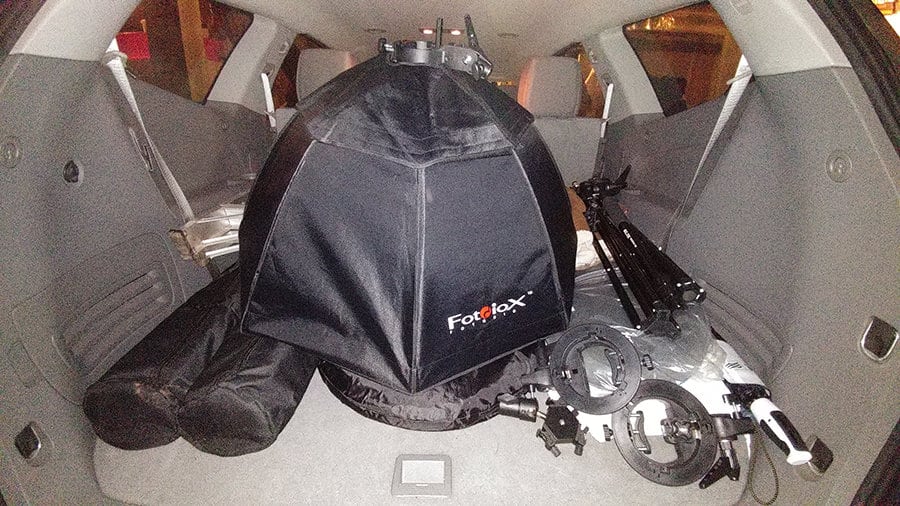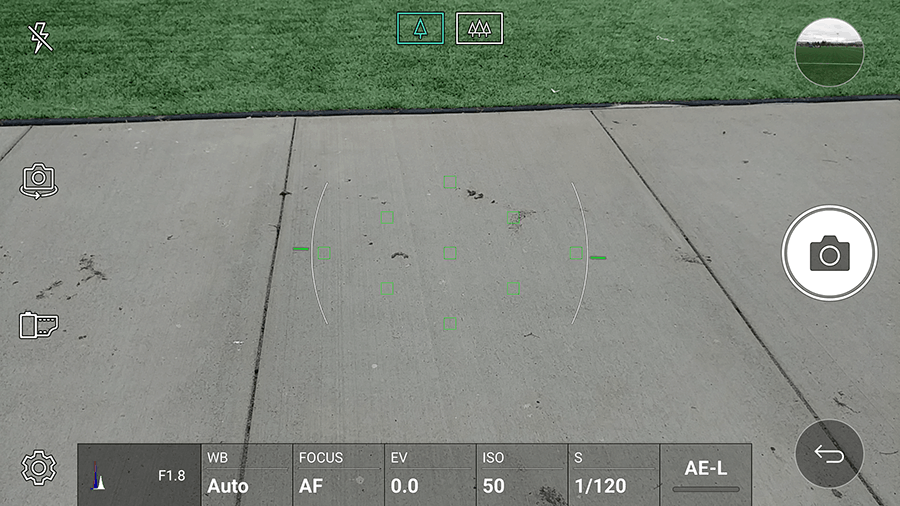Photographers rely on their smart phones for everything. We have our banking, email, Rolodex (for you young’uns that is the contact list), to do lists, and in the last couple of generations a camera that we use daily. Up until recently I have been a devoted Windows Phone user (don’t laugh I still think it’s the best mobile platform) but with Microsoft’s recent announcements about future support of the platform and the constant giggles I would get when I went into a T-Mobile store and they saw my phone I knew it was time for a change.
I knew when it was time to change Android was the only choice, after all I am a Microsoft guy so you won’t find any Apple products in my house. When I went to the T-Mobile store (my carrier) I had two choices Samsung Galaxy S7 or LG V20. I chose the LG V20 because of it’s size and dual sensor camera on the back of the phone. The V20 is supposed to be a direct competitor to the iPhone 7 plus and the recalled Samsung Note 7.
The Phone and Nougat Operating System
From a smart phone stand point the phone is everything you would expect. The V20 has the latest Android Operating System, Nougat, installed and is actually one of two phones on the current market running this version. The phone is fast and very powerful with apps loading almost instantaneously. Add the all the apps available in the Google Play Store you have a great smart phone. But the phone itself is not what Improvephotography is here to review so keep going and we will get into the camera.
Video Capabilities
The video at the top is the TV commercial that was filmed completely with the V20. The specifications calls for HD up to 4K formats at 30 fps. I tried to record 4K video myself a few times and found it to be a bit difficult at first. That is more because at 4K any vibration is translated into the video more than lower resolutions. I also had a few settings wrong so when I would press stop to save the video the file would get lost. Once I got everything dialed in I was finally able to capture 4K video.
Overall it performed pretty decent and the digital zoom doesn't seem to lose much in resolution. The above video was my first successful video I captured and about halfway through you can see the zoom. However if you are looking to create quick behind the scenes video and it will be handheld I recommend sticking with regular HD resolutions. If you get a small Cell phone tripod such as this from Amazon: https://www.amazon.com/KobraTech-Mini-Phone-Tripod-Stand/dp/B017NA7V1U/ref=sr_1_1?ie=UTF8&qid=1479143213&sr=8-1-spons&keywords=cell+phone+tripod&psc=1 then you could take really good 4K video.
Front Facing Camera
The selfie camera (I mean front facing) is a decent 5MP sensor with a 120 deg viewing angle. This allows for a larger viewing area to fit more people into the group shot. I am not a selfie person myself so I did not test this camera out much but what little I saw it was adequate.

Rear Facing Cameras
There are two camera sensors located on the back of the camera one is 16Mp f1.8 main camera with a 75 degree viewing angle. The second camera is a 8Mp at f2.4 with a 135 degree viewing angle that has some distortion on the edges.

What is really good about the rear facing cameras is the manual mode. The manual mode gives you full control over the camera just as if we are using a DSLR. Everything from White Balance to Aperture to shutter speed and ISO can be manually adjusted to capture that perfect shot.

Final Thoughts
As I mentioned above my last few smart phones where Windows Phones and while a few of them (such as the Lumia 1020) had great built in cameras most had very basic sensors which is what I was used too. My expectations for this phone was to be wowed and this article was going to be a glowing review of the V20. I was wowed by the phone and features but only slightly impressed with the camera. It is much better than anything I have had and it will be used a lot but from all the hype it does not produce a “wow” factor. Buy this phone because it is a great phone and a good camera just don't buy this phone for the camera itself.

I’ll have to disagree a little. I got the LG when my Note 7 was recalled. The camera on the LG is better with more control. I think that what you are experiencing is “tech overload”. We get so much, so fast now that we just go “So?”. I’m a Windows guy myself and am more impressed with this phone’s cam than the 7Plus I tried. I think any phone cam is more than capable of doing what we need now. It now comes down to convenience and gadgets. Good review!
I don’t think you can change the aperture as it is fixed with either 1.8 or 2.4. But hey, we’re photographers not tech experts. Right? 🙂
It has two rear camera lenses. The main lens is a f1.8 and the secondary, wide angle lens is the f2.4
Well I have bought The LG V20 two weeks ago, I have the Taïwan version. I bought it mainly for the 32 bits DAC. Audio is fantastic in this phone. And I was expecting a good camera. The first pics were a mess, with a lot of bad post processing. So I downloaded open camera and A better camera, two other photo apps to figure out if it was a hardware problem. It was not. The pics from both apps were far better than the ones with the stock LG app, there’ no comparison. I don’t master enough english vocabulary to be more precise but you could believe the pics were taken with another phone. I had the same kind of feeling (with a smaller gap) with their music player app. I repalced it with Poweramp and the result was better. So it seems that the V20 has a very good hardware but a “not so good” software. Other than that it’s a good phone, a good GPS, is very reactive, it’s a pleasure to watch films or YT videos on it, you can record loud rock bands playin’ live with no distortion at all. It has a lot of good sides.
I can’t seem to get the white balance right in manual mode for some reason, infact my note 4 gets the colours right and that’s in auto.